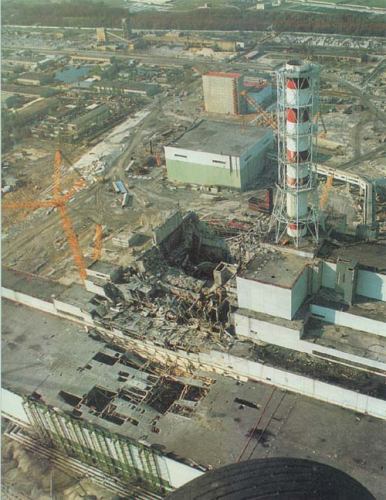warpus
Sommerswerd asked me to change this
Russian nuclear plants - safe?!
Well maintained nuclear power plants are safe. I wouldn't trust Russians to maintain them well, no

Russian nuclear plants - safe?!

I wouldn't trust Russians to maintain them well, no
Well, it works like this: a nation's nuclear plants are 100% safe until one of them has an accident, after which all nuclear plants are 100% unsafe.Seriousely, though, why is it automatically assumed that Russinas are less keen on applying those "extra rules and safety measures"? Dat's Rasist.

Well, thanks, Slavic bro.
Who then, the Japanese?

Given the price is the same - independence is always better then dependence.
Whilst many of you don't seem to think that renewables deliver the same bang for buck (this is false, btw just saying)
Exactly
Seriousely, though, why is it automatically assumed that Russinas are less keen on applying those "extra rules and safety measures"? Dat's Rasist.


And why do you trust them? I certainly don't. Nor do I trust the German operators.The Japanese have a lot of money to pay for competent staff.. and you know what? They messed up anyway. I trust Canadian nuclear power plant operators

Europe tying itself in with the Russians aint so bad. In fact, it would seem to make sense from Europe's point of view to get a bit more interdependence going. The problem is whether it actually is interdependence or just dependence, I guess. AFAIK there are already collective deals on energy security in place in Europe specifically to deal with issues that may arise with Russia, so I don't really think it's that bad an option to pursue.
The problem with that is that Russia has a history of using that dependence for political and economic blackmail. Their government needs to change before they can be trusted.
